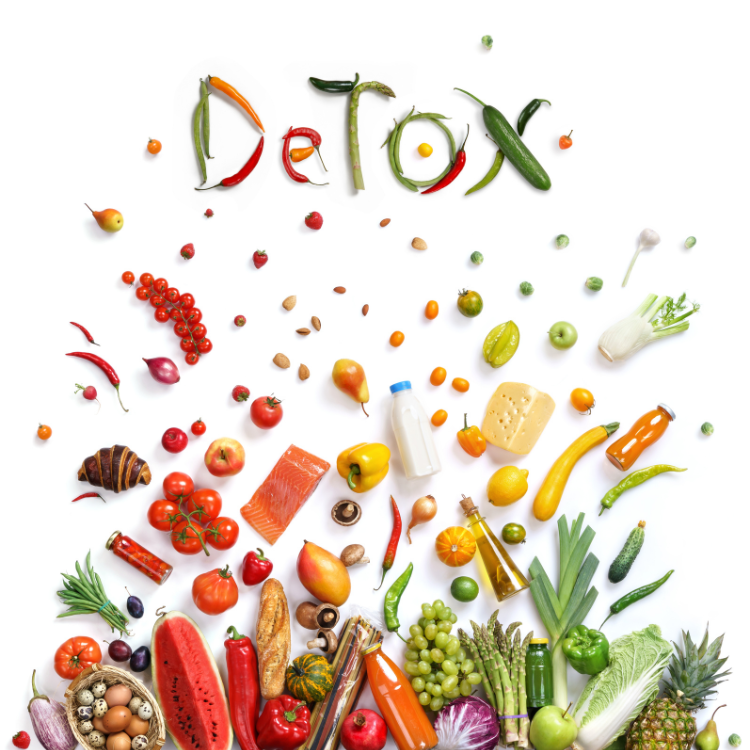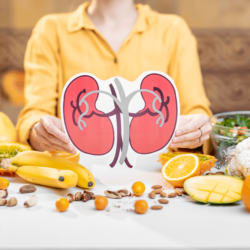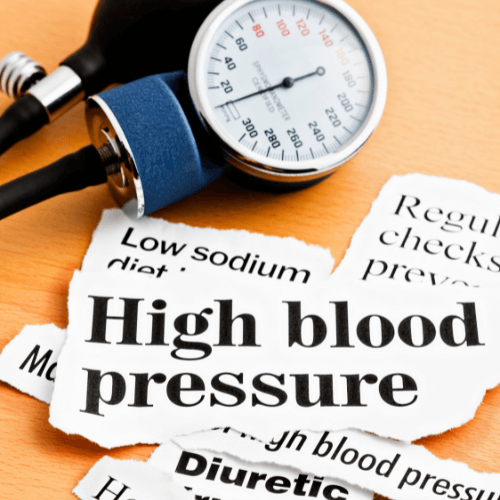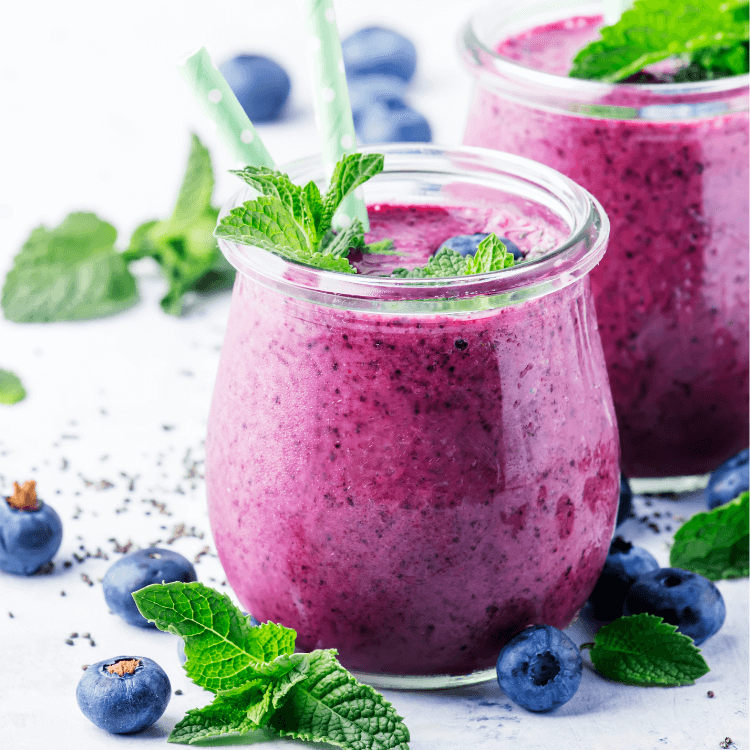Hi there, and welcome to Mr.Foodyness; today, we will dive into a topic that, sooner or later, we ask questions about, especially after we go to a festival and have a massive hangover or we have a drinking problem and feel like we need a healthy reset, so we go for a bit of alcohol detox to reset our system.
In a world where alcohol is readily available and often glorified, it’s easy for occasional drinking to spiral into dependency. Recognizing the need for change is the first step towards a healthier lifestyle.
If you or a loved one is considering alcohol detox, you’re not alone. In this guide, we’ll delve into what alcohol detox entails, how to approach it safely, and the support systems available to help you through this transformative journey.

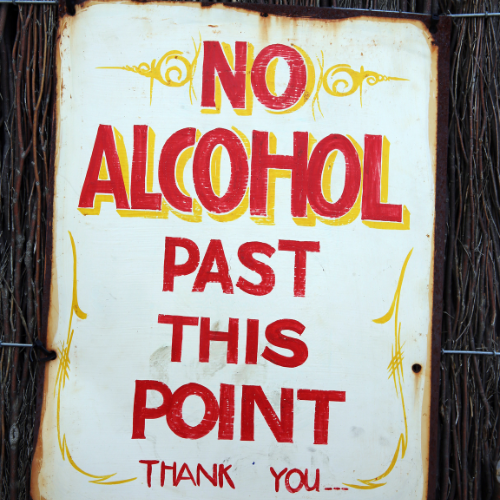
Alcohol impact on Liver and overall health
Excessive alcohol consumption can have devastating effects on both liver health and overall well-being. The liver is responsible for metabolizing alcohol, but chronic alcohol abuse can lead to inflammation, fatty liver disease, and ultimately, cirrhosis, a condition where scar tissue replaces healthy liver tissue, impairing liver function.
Moreover, alcohol-related liver disease is a significant contributor to liver-related deaths globally. Beyond liver damage, alcohol abuse can slowly destroy overall health, increasing the risk of cardiovascular diseases, weakened immune system, mental health disorders like depression and anxiety, and various cancers, including liver, breast, and colorectal cancer.
Recognizing the profound impact of alcohol on health underscores the importance of moderation and seeking support for those struggling with alcohol addiction.
Understanding Alcohol Detox
Alcohol detoxification, commonly referred to as alcohol detox, is the process of eliminating alcohol from your body. It’s a crucial step for individuals struggling with alcohol addiction or those looking to regain control over their drinking habits.
Detox can be challenging, both physically and emotionally, but it’s an essential foundation for long-term sobriety.
The Process
During alcohol detox, your body undergoes withdrawal as it adjusts to functioning without alcohol. Symptoms can range from mild to severe and may include tremors, sweating, nausea, anxiety, and even seizures in extreme cases.
The severity and duration of withdrawal symptoms vary based on factors such as the duration and intensity of alcohol use, overall health, and individual physiology.
Safety First
Alcohol Detox can be dangerous, especially for heavy or long-term drinkers. It’s crucial to prioritize safety by seeking medical guidance and supervision throughout the process.
Medical alcohol detox programs, offered in hospitals or specialized detox centers, provide round-the-clock care and access to medications to manage withdrawal symptoms and prevent complications.
Home vs Professional Alcohol Detox
While some individuals may attempt to detox at home, it’s essential to understand the risks involved. Without medical supervision, severe withdrawal symptoms can escalate quickly, leading to medical emergencies.
Professional detox programs offer a safer environment with access to medical support, counseling, and resources to facilitate a smoother transition to sobriety.
Support
Recovery from alcohol addiction is not a solo journey. Building a strong support system is key to long-term success. Support groups like Alcoholics Anonymous (AA) provide a sense of community, understanding, and accountability.
Additionally, individual therapy, family counseling, and holistic approaches such as mindfulness practices and exercise can complement your detox journey.
The Roasd to Recovery
Alcohol detox is just the beginning of a lifelong journey towards sobriety and wellness. After completing detox, it’s essential to continue with ongoing treatment and support to address the underlying causes of addiction, learn coping strategies, and develop a relapse prevention plan. Remember, recovery is a process, and every step forward is a victory worth celebrating.
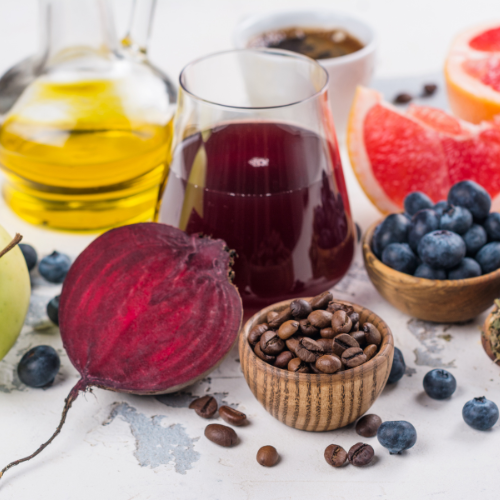
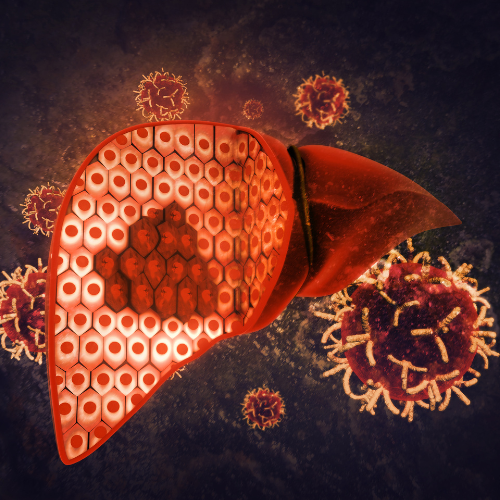
Best 5 Liver Detox Drinks
Green Tea & Ginger:
- Brew a cup of green tea.
- Add a slice of fresh ginger and a squeeze of lemon.
- Optionally, sweeten with honey.
- Green tea contains antioxidants called catechins that may help protect the liver from damage.
Beetroot Detox Juice:
- Juice fresh beetroot, carrots, and apples.
- Combine the juices and add a splash of lemon juice.
- Beetroot is rich in betalains, compounds that support liver function and may aid in detoxification.
Turmeric Golden Milk Detox:
- Warm a cup of milk (dairy or plant-based).
- Stir in a teaspoon of turmeric powder and a pinch of black pepper.
- Optionally, add a dash of cinnamon and honey for flavor.
- Turmeric contains curcumin, which has anti-inflammatory and liver-protective properties.
Cranberry Detox:
- Mix cranberry juice (unsweetened) with water.
- Add a squeeze of lemon juice.
- Cranberries contain antioxidants and organic acids that may help flush toxins from the liver and support urinary tract health.
Dandelion Tea Detox:
- Steep dried dandelion root or leaves in hot water for 5-10 minutes.
- Strain and enjoy as a tea.
- Dandelion contains compounds believed to support liver detoxification and promote bile production, aiding in digestion.
Best 10 foods that support Liver Detoxification:
- Grapefruit: Grapefruit contains antioxidants and vitamin C, which help to boost the production of liver detoxification enzymes. It also contains naringenin, a flavonoid that may help protect the liver from injury.
- Artichokes: Artichokes are rich in cynarin and silymarin, compounds that support liver function and promote bile production, aiding in the digestion and elimination of toxins.
- Walnuts: Walnuts are high in omega-3 fatty acids and antioxidants, which help reduce inflammation and support liver health. They also contain arginine, an amino acid that aids in the detoxification of ammonia.
- Green Tea: Green tea contains catechins, antioxidants that help protect liver cells from damage and support liver function. Drinking green tea regularly may help reduce fat accumulation in the liver.
- Lemon: Lemons are high in vitamin C and antioxidants, which help stimulate liver enzymes and aid in the detoxification process. Drinking lemon water or adding lemon juice to meals can help support liver health.
- Ginger: Ginger contains gingerol, a compound with antioxidant and anti-inflammatory properties that may help protect the liver from damage and reduce inflammation.
- Avocado: Avocados are rich in antioxidants and healthy fats, including glutathione, which is essential for liver detoxification. They also contain fiber, which aids in digestion and promotes toxin elimination.
- Beetroot: Beetroot contains betalains and other antioxidants that help protect liver cells from damage and support detoxification. Beetroot juice is particularly beneficial for liver health.
- Cabbage: Cabbage contains sulfur compounds and antioxidants that support liver detoxification enzymes. Incorporating cabbage into your diet can help promote liver health and detoxification.
- Olive Oil: Extra virgin olive oil is high in antioxidants and healthy fats, which help reduce inflammation and support liver health. It also contains oleic acid, which may help protect the liver from oxidative stress.

